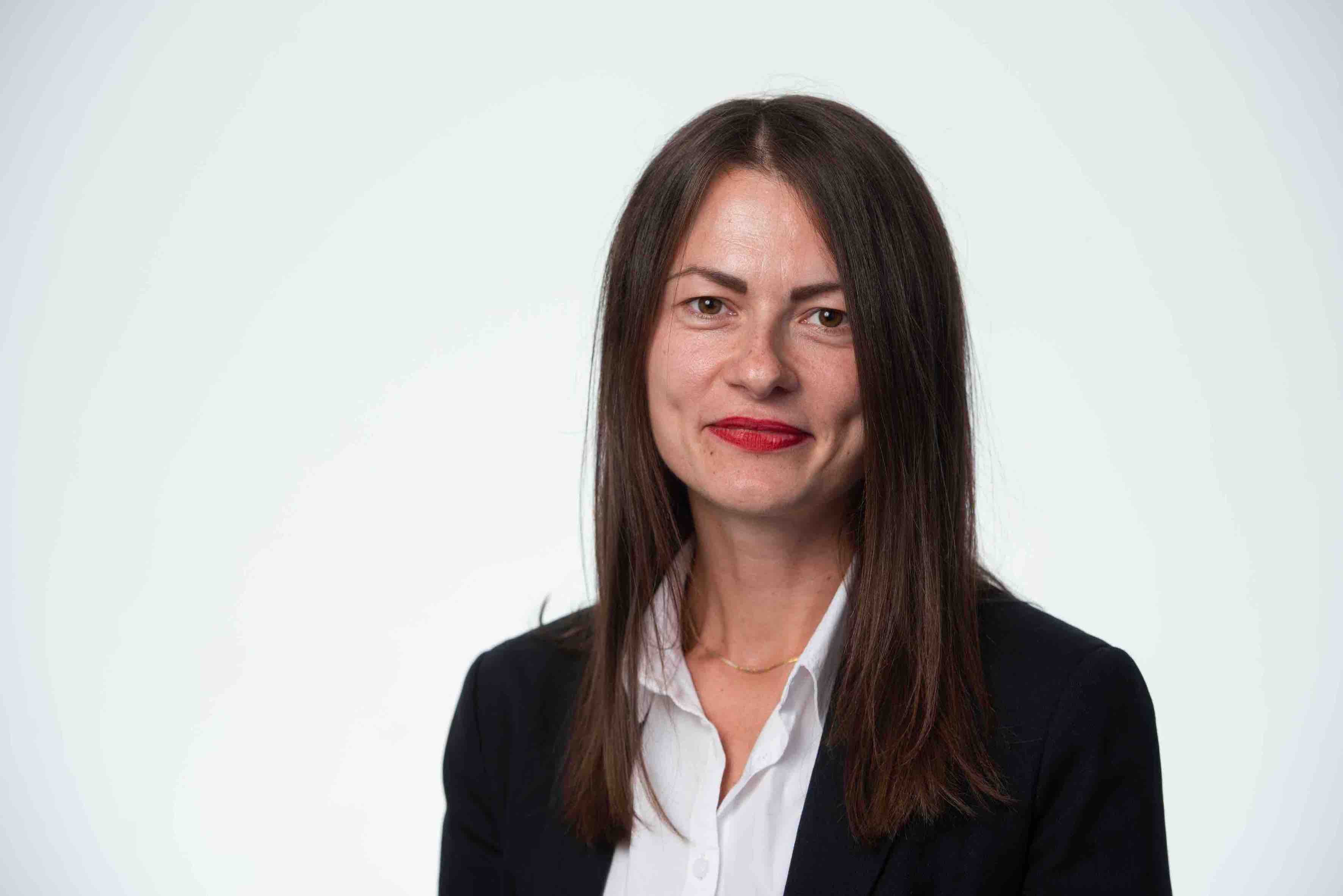Site
Select your branch
Interview with INIA Biosciences | Changing the world of bioelectronic medicine
Narges Sheikhansari: Thank you so much Dragana for agreeing to this interview. Please tell me about your team. What are your backgrounds and your founding story?
Dragana Savic (CTO): Every year, I coach an innovation team at Merck KGaA, the pharmaceutical company. And, in 2020 I was coaching the bioelectronics team. Bioelectronics is a very exciting field. It is a field where electricity or ultrasound can modulate physiology. One of the first bioelectronic devices on the market was the pacemaker. Big players like Verily and GSK are already invested in the bioelectronics field, and Merck KGaA is looking to enter this market too. The innovation cup is a unique competition, because besides bringing the smartest students, professionals and post-docs from all over the world, the ideas they develop must be sound to be incorporated into one of the departments or pipelines at Merck KGaA. This means, that the judging panel are various senior directors and senior managers who must commit and provide funding for the idea(s) they select as winners. Even the CEO is involved.
So last year, our team won one of the prizes. Our project was implemented in the innovation pipeline and two of of our team members were hired full-time to work on it. As we all know, 2020 was a difficult year and everything happened remotely. Our team worked exceptionally well together and because it was the pandemic, we could decide to continue to work together, since we were spread all over the world. So we decided to continue our endeavours into bioelectronic medicine. One of the keys to success in a start-up is your team, and we knew we had found an exceptional team. The field was fascinating to us, so we thought we should try to capture a different market – the inflammatory market. And that’s how we continued.
prizes. Our project was implemented in the innovation pipeline and two of of our team members were hired full-time to work on it. As we all know, 2020 was a difficult year and everything happened remotely. Our team worked exceptionally well together and because it was the pandemic, we could decide to continue to work together, since we were spread all over the world. So we decided to continue our endeavours into bioelectronic medicine. One of the keys to success in a start-up is your team, and we knew we had found an exceptional team. The field was fascinating to us, so we thought we should try to capture a different market – the inflammatory market. And that’s how we continued.

Narges: That is interesting. So, what was the missing link in the industry or amazing technology development that motivated you to create your start-up?
Dragana: So, the brain controls everything in your body. But it has never been established before that we can modulate physiology with electrical signals, or with ultrasound that we’re using. As bioelectronics is really new, we still have to explain to people what bioelectronic medicine actually is. I think that was the opportunity we grasped, because there were not many companies out there doing similar things.
Although there is more and more academic research showing evidence, academic research doesn’t always translate into human application. So, I think we really wanted to seize the opportunity to work on something that could be commercialized and not work on it as academics.
Narges: I see. I’m sure this was not without challenges. What have been the challenges to your success? What are the unexpected lessons you’ve had to learn?
Dragana: Well, one of our main challenges right now is that we are academics. I have an MBA. I studied my MBA part-time for a year, but that doesn’t make me a business expert.
And one of our biggest challenges is actually putting on our marketing and business hats.
We are seeking advice from our advisors, who are helping us to access the market and really figure out what the right strategy is to bring this forward.
Narges: That is a wise move. And what have been the key pieces of support that have helped you grow?
Dragana: Hmm, that’s a good question. Everyone will give you their opinion, which is fine and you should of course listen to experts’ opinions. But sometimes you can be pulled out in many different directions. And you’ll end up not focusing, because you just want to please the different advisors and the different experts. experts. You have to have a core vision and you have to believe in yourselves. It is important to us not to compromise on the quality or vision that we have, the long-term vision, not just the immediate goals that we have.
Narges: That is great advice. So what are your next steps? Where do you see your start-up in 5 years?
Dragana: We will have finished clinical trials and have a fully developed device that has been patented from many different angles.
Narges: Wonderful. My last question is: do you have any advice for other scientist entrepreneurs looking to start-up their own innovation?
Dragana: Do it. And believe in yourself. I think as academics, we know that we never get a 100% clear answer on anything. And that makes us sound less confident when we speak to commercial people; when we speak to executives.
So, I’d say believe in yourself, believe in your expertise. Don’t have imposter syndrome, which most academics have. You know what you’re doing. You’re the expert in your field. So, just go for it. Try it. What harm can it do? Because at the end of the day, even as academics, we ultimately want to bring treatments to patients, and make the world a better place to be.
Narges: That’s great, thank you so much Dragana.
To find out more about Inia Biosciences visit their website.

